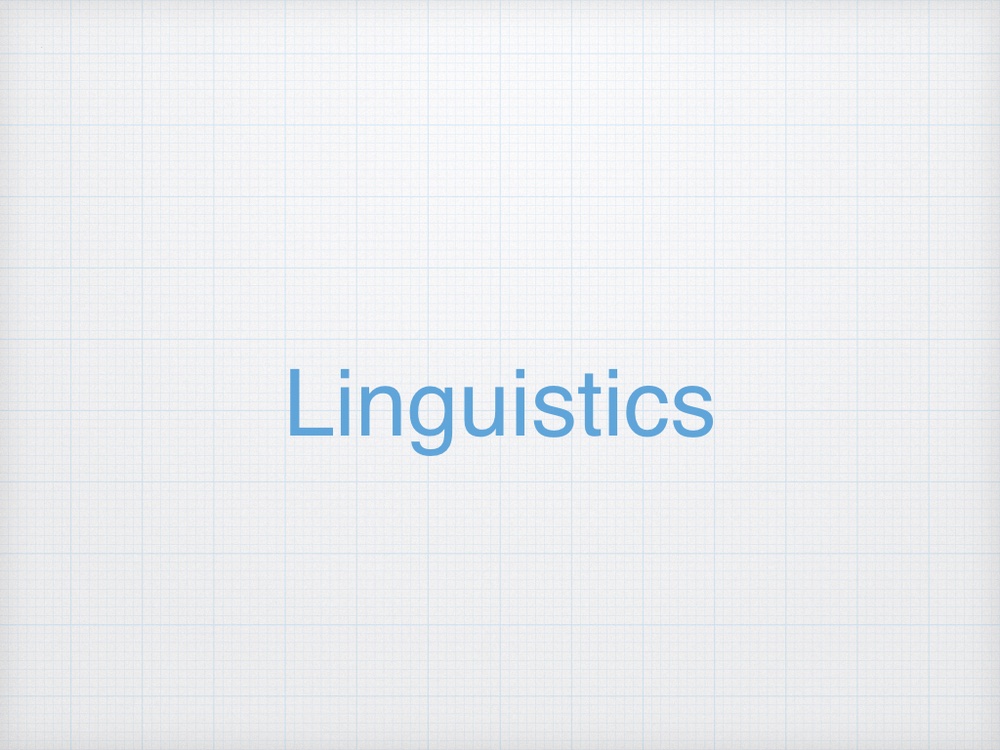a phase transition
ヒト固有の言語能力として想定されているMerge(併合)は純粋なcombine(結合)とは異なるような主張が見受けられる.
In what follows, I will adopt Chomsky’s suggestion and refer to ‘unbounded combine’ as Merge, defined as follows:
(2) Merge (simpliciter) =def α ⊕ β → {α, β}
And I too want to put real emphasis on the unbounded character of the operation. Extending a line of argument I pursued in Boeckx (2011a, b), I argue that the shift from mere combination to unbounded combination is akin to a phase transition. That is, the relationship between ‘combine’ and ‘Merge’ is like that between water and ice. They are and aren’t the same thing.7 Such a phase transition was made possible because of the nature of the elements manipulated by the operation: whereas concepts impose selectional restrictions (valency requirements) that limit combinations, lexical items don’t, or so I claim (see also Pietroski (2007)). Once such selectional constraints were lifted, concepts clothed as lexical items could combine across modular boundaries.
Boeckx (2013)
以下において、私は Chomsky の提案を採用し、「非限定的結合(unbounded combine)」を Merge と呼ぶことにする。その定義は次のとおりである:
(2) Merge(単純化された定義)=def α ⊕ β → {α, β}
そして私もまた、この操作の非限定的性質に強い重点を置きたいと考える。
Boeckx(2011a, b)で私が展開した議論を拡張し、私は、単なる結合(mere combination)から非限定的結合(unbounded combination)への移行は、相転移(phase transition)に類似していると主張する。すなわち、「combine」と「Merge」の関係は、水と氷の関係に似ており、それらは同一であり、かつ同一ではない。
このような相転移が可能となったのは、この操作が操作対象とする要素の性質によるものである。すなわち、概念(concepts)は、結合を制限する選択的制約(valency requirements)を課すが、語彙項目(lexical items)はそうではない——少なくとも私はそう主張する(Pietroski(2007)も参照)。一度このような選択的制約が解除されると、語彙項目という形を取った概念は、モジュール的な境界を越えて結合することが可能となる。
(ChatGPT 訳)
参考文献
- Boeckx, C. (2013). Merge: biolinguistic considerations. English Linguistics, 30(2), 463-484.

